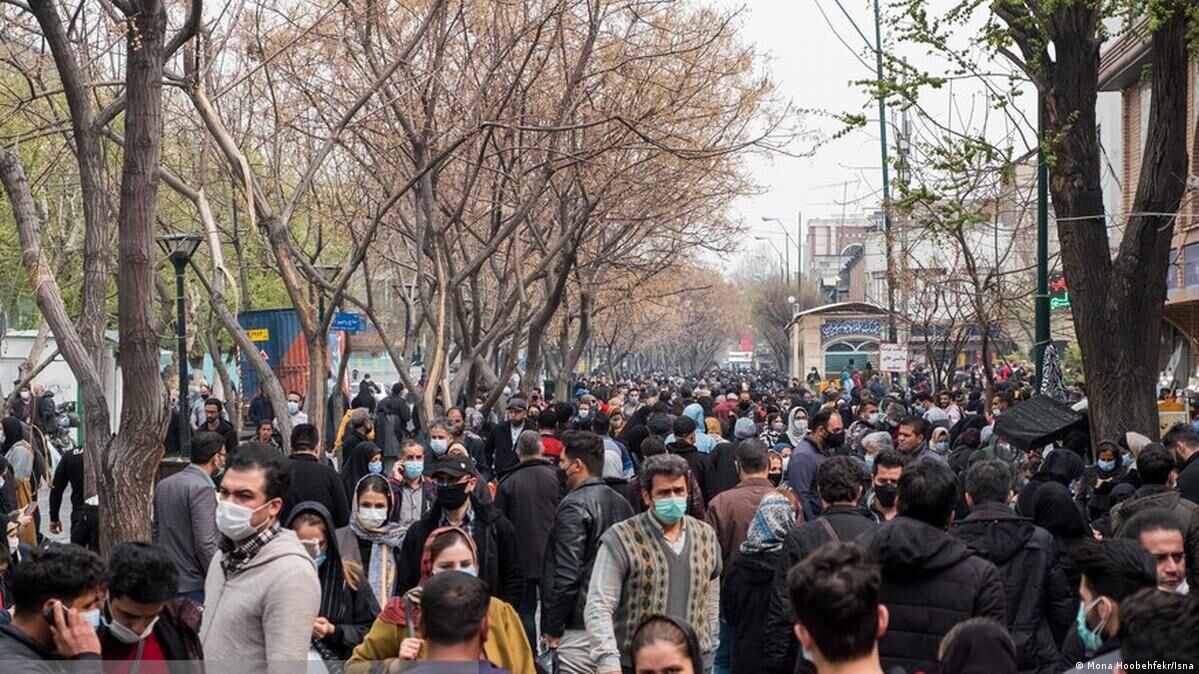Family support law: a matter of national willpower

TEHRAN - Paying attention to the law on supporting families and the youth will pave the way for the development of the country and will also reduce the population crises, but the accurate and timely implementation of the law requires willpower both from people and officials.
According to the national center for monitoring population policies, from 2001 to 2015, the number of births has been increasing in the country, but after 2015, the number of births started to decrease with an almost steep slope.
In 2020, the number of births in the country (1,114,000) decreased by more than 29 percent compared to 2015 (1,570,000), a decrease of more than 450,000 births, which was unprecedented in the last few decades.
The number of births in the year 2021 (1,116,000) also shows an increase of about 2,000 compared to the year 2020.
Also, the rate of births from about 20 per thousand population in 2015 has reached its lowest level in the last 50 years with a significant decrease to 13.24 per thousand population in 2021.
The population growth rate reached 0.73 percent in 2020 and 0.68 percent in 2021 despite an increase of 2,000 births compared to 2020.
Estimates show that due to the slight increase in births last year compared to 2020, the population growth rate this year will also decrease.
Also, as long as the fertility rate is below the replacement level, it is expected that the country will face a further decrease in the population growth rate in the coming years.
In Iran, about 10.5 percent of the population was over 60 years old in 2020. In 2050, the population over 60 years is forecast to increase to 33 percent.
Also, about 7 percent of the population was over 65 years old in 2020. In 2030, the population over 65 years is forecast to increase to about 10 percent.
Considering the negative consequences of population decline in the lives of families and the negative effects of aging and population aging in the coming years, necessary measures should be taken to promote the culture and improve people's attitudes towards having children.
President Ebrahim Raisi has urged all responsible bodies and organizations to adopt national policies in line with the goal of population growth.
All the institutions and organizations of the country are obliged to prepare their plans and programs within the framework of the population growth policy and follow up on their implementation seriously, he said, IRIB reported.
He referred to "population" as one of the important and key points in the 7th national development plan (2021-2026).
The president considered promoting the culture of marriage and reducing divorce and helping to solve the problem of infertility as some of the effective factors in increasing the population, which should be the priority of attention and action of all institutions.
In November last year, Raisi declared the “Law on Family and Youth Support" to the Judiciary for a 7-year implementation.
It was also declared to other ministries including the Health Ministry, the Interior Ministry, the Education Ministry, as well as the Vice Presidency for Women and Family Affairs.
The plan stipulates health insurance for infertile couples, providing services and facilities to working women, providing health and nutrition support packages to mothers and children, educational opportunities for student mothers, providing livelihood support to families, and ongoing medical services to pregnant women.
The national budget bill for the current [Iranian calendar] calendar year, which began on March 21, has proposed 120 trillion rials (nearly $480 million) to implement childbearing and family support plans in the country.
Also, as per the Law, children, and family allowance of all different groups of employees in the relevant institutions, the Armed Forces, the Ministry of Intelligence, the Atomic Energy Organization of Iran, and also faculty members of universities and research institutions, judges, and retirees will increase by 50 to 100 percent.
The Law also describes the conditions for maternity leave. The duration of maternity leave was increased to 9 months with the payment of all salaries and related bonuses, and if the mother requests, up to two months of this leave can be used in the final months of pregnancy, which is 12 months for the birth of twins and multiples.
Couples who have their third child benefit from government incentives such as land, so that in cities with a population of fewer than 500,000 people and more, half of the land is allocated to the mother and another half to the father.
In cities with more than 500,000 populations, the land will be given to families with 3 or more children in new cities or nearby cities.
Over the [Iranian calendar] year 1410 (March 2031-March 2032), the elderly population will reach 13.5 million people, which is 14 percent of the country’s population, and Iran will officially be an old country.
Currently, the elderly population is 9.2 million, which constitutes 7.10 percent of the country's population.
Leave a Comment